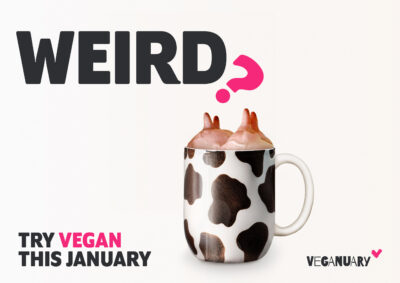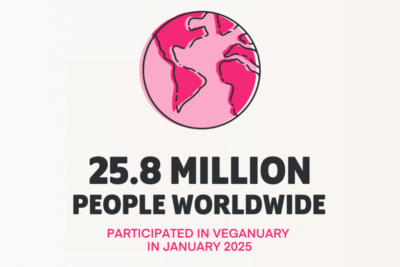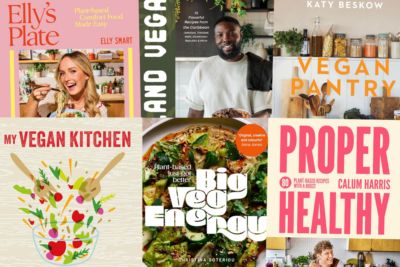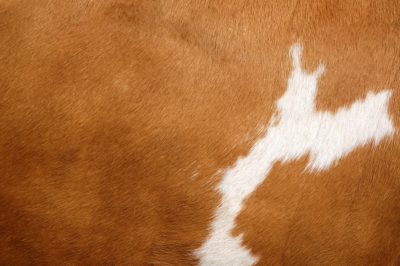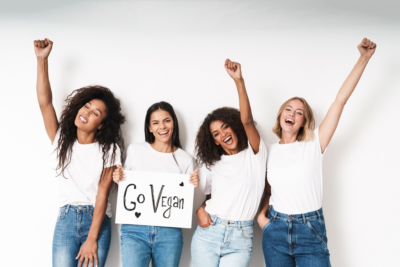Whatever country we live in, we are assured that ours are among the highest animal welfare standards in the world. Of course, standards do vary but the production of meat, milk and eggs in every country involves suffering at every stage.
From the invasive process of artificial insemination or the use of ‘rape racks’ to the grinding up alive of unwanted chicks and the legally-permitted mutilations (tail docking, teeth clipping, castration, de-horning), animals suffer the world over so people can eat their flesh, milk and eggs.
Most meat – including, for example 94 per cent of the chicken sold in the UK and 99.9 per cent in the US – comes from animals who have been intensively reared. That is, they are kept in cages and pens, or, in the case of chickens, turkeys and ducks, crammed into warehouse-style hangars with tens of thousands of other birds. It is impossible for farmers to check every individual every day, and so the sick and injured are simply left to die. This is the industry norm in ‘developed’ countries.
Some countries do have higher welfare standards than others. In Switzerland, for example, farrowing crates for pigs are banned and in Sweden all pigs must have straw but these are exceptions. In most other countries —including the UK, Canada, the USA and Australia — hens are still kept in cages, pigs are kept in crates for prolonged periods and straw for bedding and rooting is rarely given.
When investigations published in the media reveal what happens inside farms and slaughterhouses, it is common for the public to react strongly. They demand that those responsible for the abhorrent practices and conditions be prosecuted. When Veganuary visited a typical British pig farm, for example, supporters were horrified, with many not realising that what they saw for the first time was normal, legally-acceptable, industry-wide practice.
The trouble is we fall for marketing, even when we think we don’t. When we’re told that a company has high welfare standards, and sells eggs from ‘happy hens’ or sausages from ‘happy pigs’, or the picture shows pigs rooting through straw or goats leaping around a field in the sunshine, that is marketing. When we see the words ‘free-range’, we think ‘free’ and when we see ‘barn-reared’, our minds conjure up an image of a small-scale family farm where the chickens have names.
The truth is farming is an industrialised business and the reality of life for most farmed animals, whatever country they are reared in, is one of deprivation, suffering and loss.

